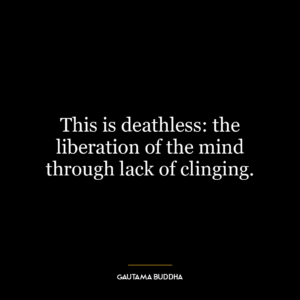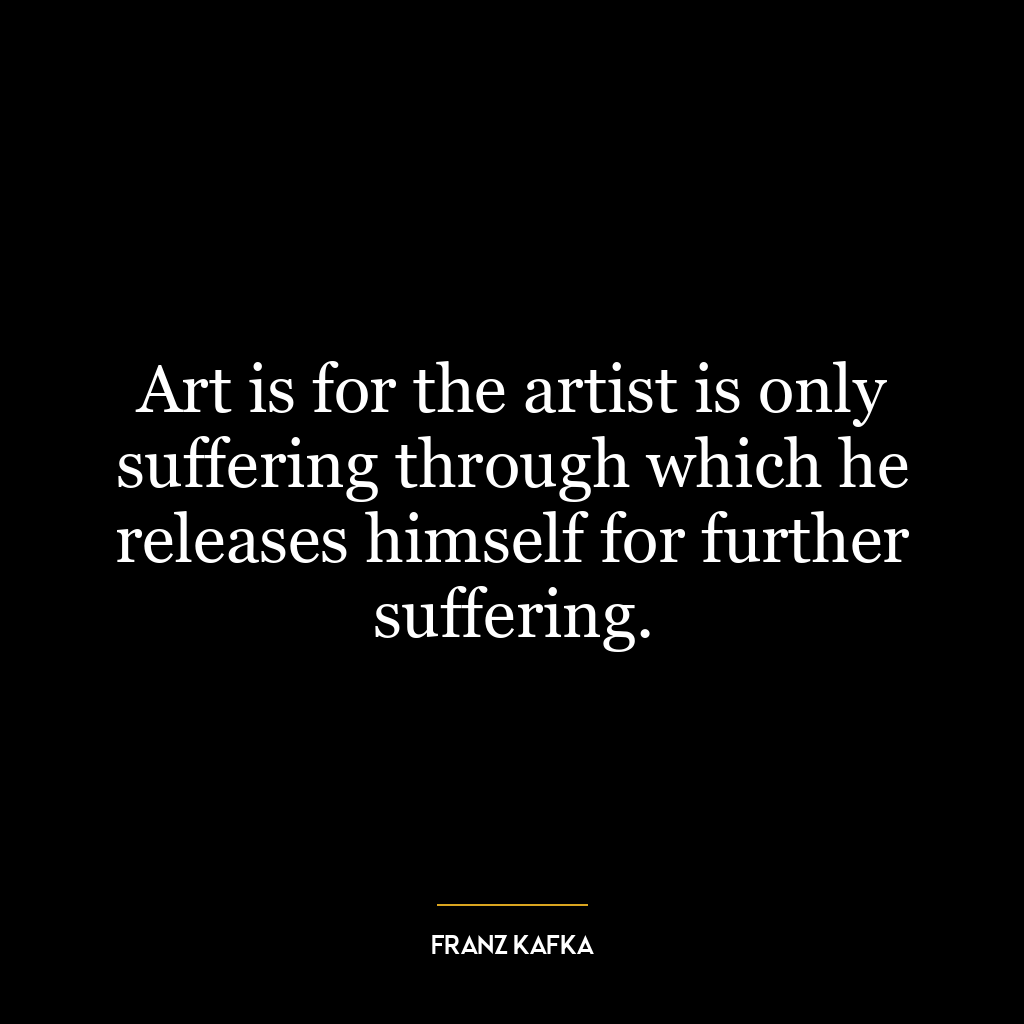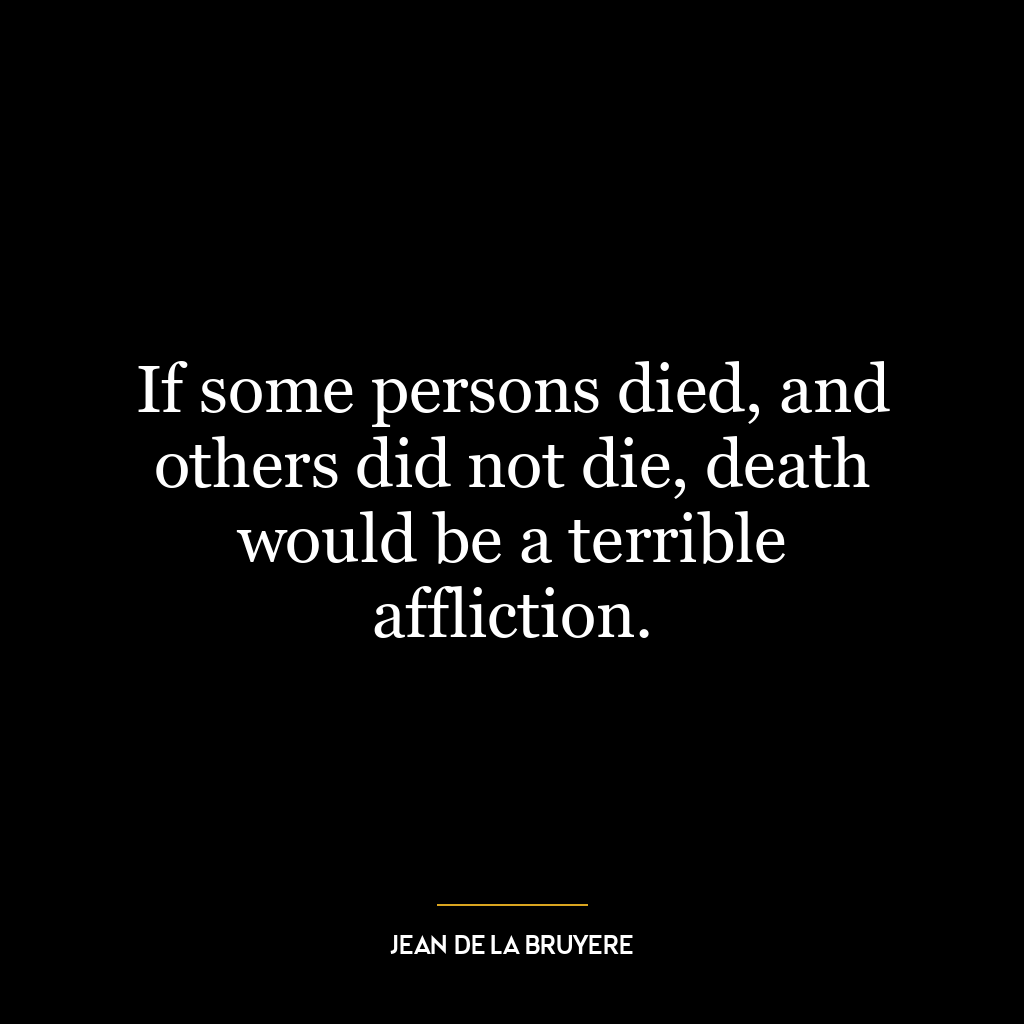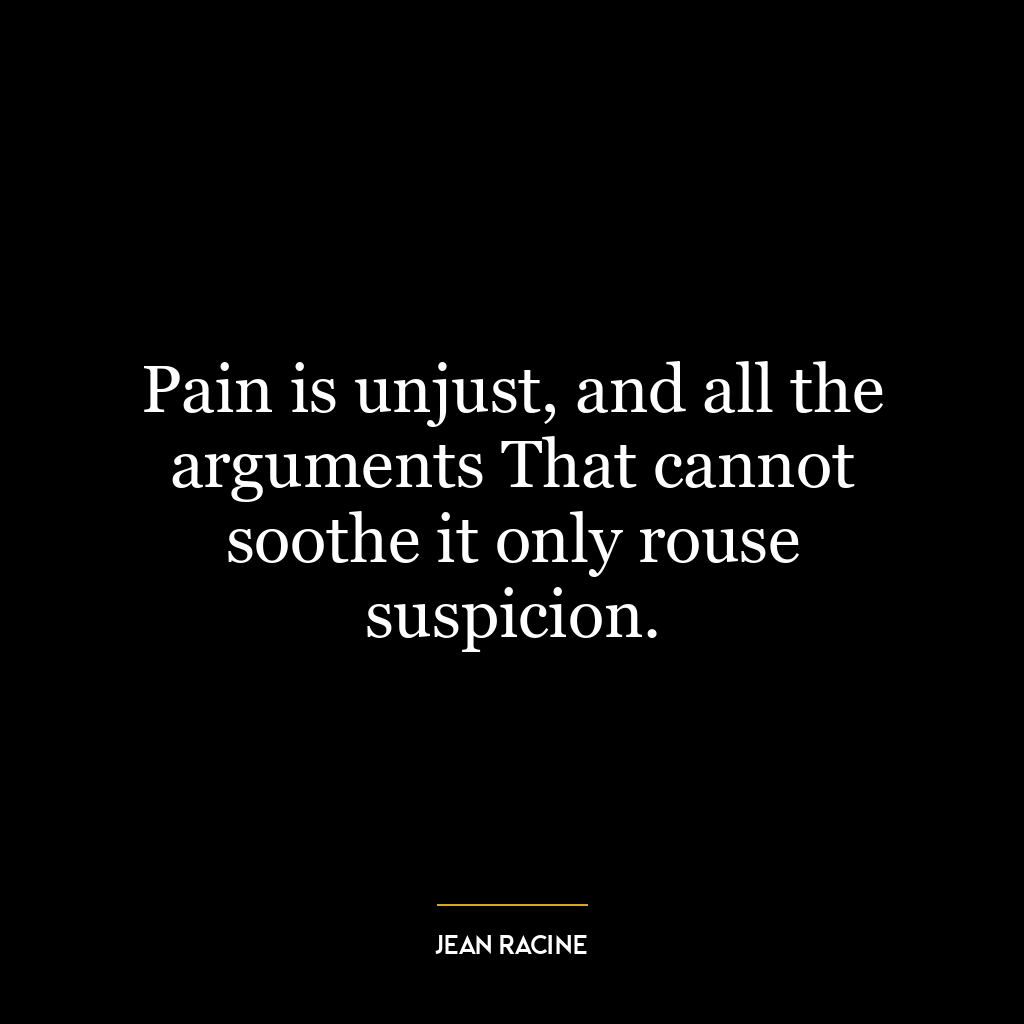“Pain is certain, suffering is optional” is a profound statement that encapsulates the essence of human experience and our ability to choose our reactions. The quote means that while pain, be it physical or emotional, is an inevitable part of life, suffering is not. Suffering is a state of mind, a reaction to pain, and hence, it is optional. We can’t avoid pain, but we can control how much we let it affect us.
The first part of the quote, “Pain is certain,” acknowledges the reality that life comes with challenges, losses, disappointments, and physical pain. These are unavoidable aspects of the human condition. No matter how much we try to protect ourselves or wish otherwise, we will encounter pain in our lives.
The second part, “suffering is optional,” suggests that we have a choice in how we respond to this pain. Suffering is the mental and emotional state we attach to the pain. It’s the narrative we create around the pain, the meaning we give it, and the way we let it affect our sense of self and our lives. This suffering, unlike the pain, is not inevitable. It’s a choice.
In the context of personal development or in today’s world, this quote is a reminder of the power of perspective and resilience. It suggests that we can cultivate a mindset that allows us to experience pain without letting it turn into prolonged suffering. This may involve acceptance, mindfulness, seeking support, finding meaning in our pain, or using it as a catalyst for growth and transformation.
In practical terms, this might mean acknowledging and validating our pain, but not letting it define us or dictate our lives. For instance, we may experience the pain of failure, but we don’t have to suffer by internalizing that failure as a reflection of our worth or potential. Or, we may feel the pain of loss, but we don’t have to suffer by clinging to what we’ve lost and neglecting what we still have or what we could still gain.
In a world where we are often encouraged to avoid or numb our pain, this quote invites us to face our pain, to sit with it, to understand it, and to choose our response to it. It empowers us to take control of our suffering and to transform our relationship with our pain. It reminds us that while we may not have a say in the pain we experience, we have a say in whether we suffer or grow from it.














